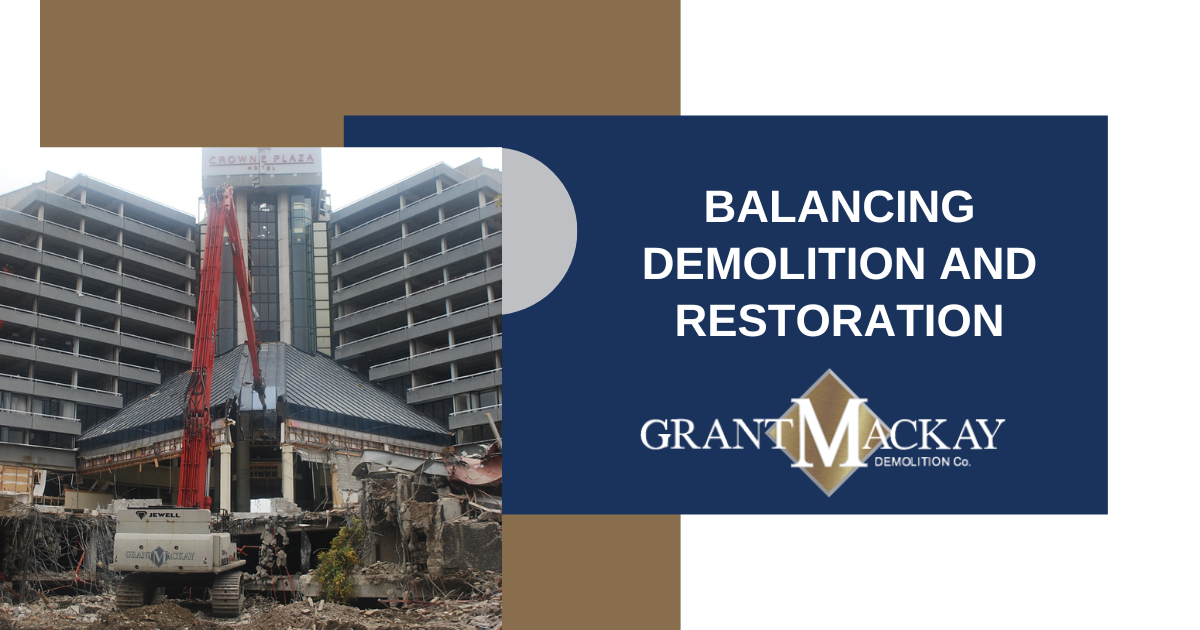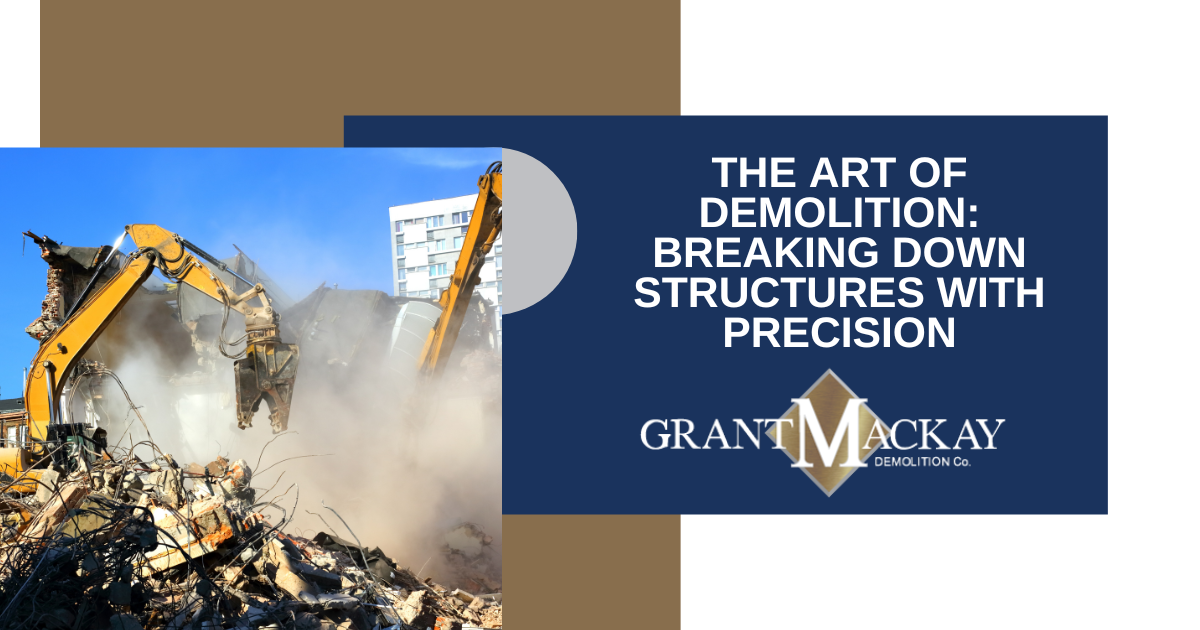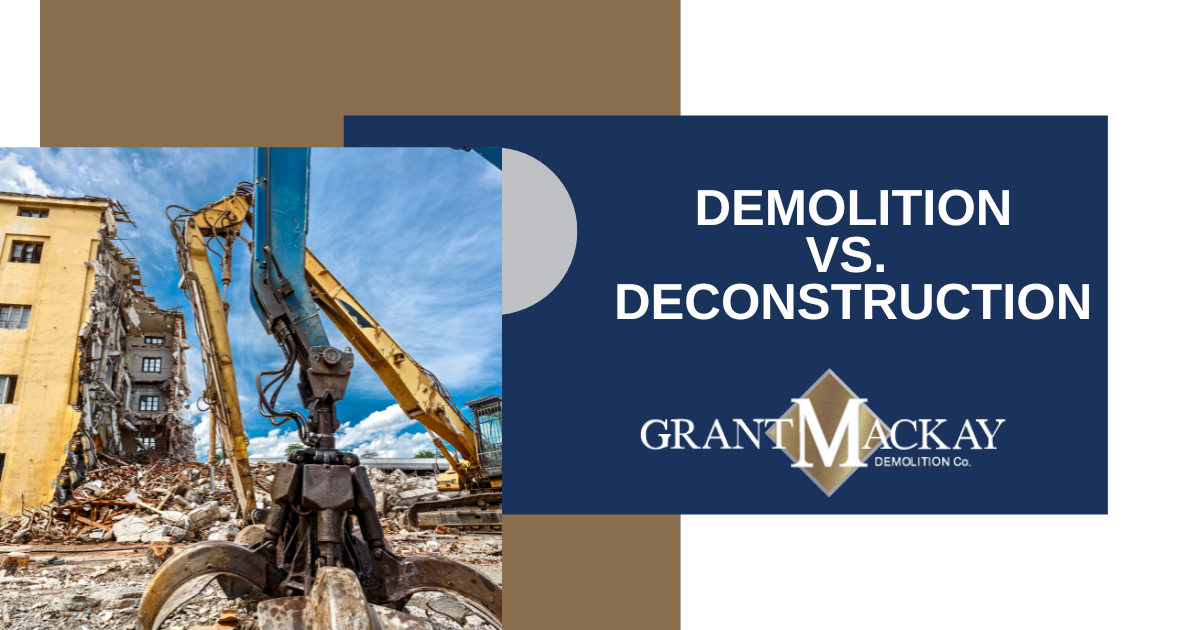The demolition industry in the United States has witnessed steady growth in recent years
The demolition industry, encompassing the dismantling and removal of structures and buildings, plays a vital role in shaping the urban landscape. Over the years, this sector has experienced significant growth, along with its fair share of challenges and opportunities.
Overview and History
Demolition, often referred to as the dismantling, razing, or wrecking of structures, has a long-standing history dating back centuries. As civilizations evolved and cities expanded, the need for demolishing outdated or damaged buildings became evident. Today, the demolition industry has become a specialized field, employing a wide range of techniques and technologies to efficiently tear down structures while ensuring safety and sustainability.
Current State and Major Players
The demolition industry in the United States has witnessed steady growth in recent years. According to market research by IBISWorld, the market size of the demolition and wrecking industry in the US grew at an average annual rate of 5.2% between 2017 and 2022.
This growth can be attributed to factors such as urban redevelopment, infrastructure projects, and the need for environmental remediation. Key players in the demolition industry include major demolition contractors, construction companies, and specialized firms that offer expertise in dismantling and recycling materials. These companies often employ skilled workers and utilize advanced machinery and equipment to carry out demolition projects efficiently and safely.
Challenges Faced by the Industry
The demolition industry faces several challenges that require careful consideration and proactive measures. One of the primary concerns is environmental impact. Demolition generates significant amounts of waste, including construction debris and hazardous materials. Proper disposal and recycling practices are essential to minimize environmental harm and promote sustainability within the industry.
Safety is another critical challenge faced by the demolition sector. The nature of the work involves inherent risks, such as structural instability, exposure to hazardous materials, and accidents during the demolition process. Strict adherence to safety protocols, training programs, and the use of advanced safety equipment are imperative to protect workers and ensure a safe working environment.
Regulations and compliance also pose challenges for the industry. As governments enact stricter policies regarding waste management, recycling, and environmental protection, demolition companies must stay updated and adapt to changing regulations to remain compliant and avoid penalties.
Growth and Changes in the Industry
The demolition industry has experienced notable growth and changes in recent years, driven by various factors. Urban redevelopment projects and infrastructure initiatives contribute to the increased demand for demolition services. Additionally, societal awareness regarding sustainability and responsible construction practices has led to a rise in deconstruction and material recycling efforts within the industry.
According to industry reports, selective demolition activities, where only specific portions of a building are demolished, account for a significant portion of industry revenue. This approach allows for the preservation of reusable materials and reduces waste.
Opportunities in the Industry
Despite the challenges, the demolition industry presents significant opportunities for growth and innovation. Emerging markets, such as developing countries with extensive urbanization plans, offer new avenues for expansion. As these regions undergo rapid development, there is a growing need for demolition services to make way for modern infrastructure.
Technological advancements and innovations also play a crucial role in reshaping the industry. Robotics, drones, and advanced demolition equipment are revolutionizing the efficiency and safety of demolition operations. These technologies enable precise dismantling, reduce manual labor, and improve overall project management.
Furthermore, the industry can explore opportunities in sustainable practices and recycling. By embracing circular economy principles, demolition companies can prioritize material recovery, reuse, and repurposing. This not only benefits the environment but also presents cost-saving opportunities.
In conclusion, the demolition industry is a dynamic sector that faces both challenges and opportunities. Environmental concerns, safety issues, and changing regulations require the industry to adapt and innovate continually. However, with emerging markets, technological advancements, and a focus on sustainability, the demolition industry has the potential to thrive and contribute to the development of vibrant and sustainable urban environments.
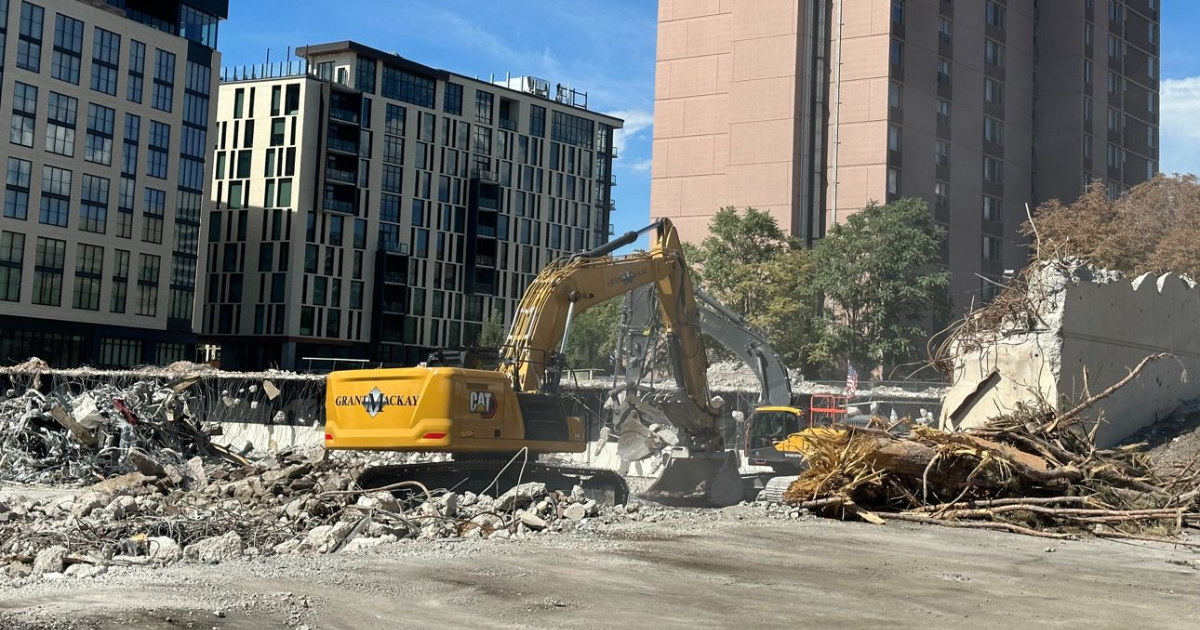
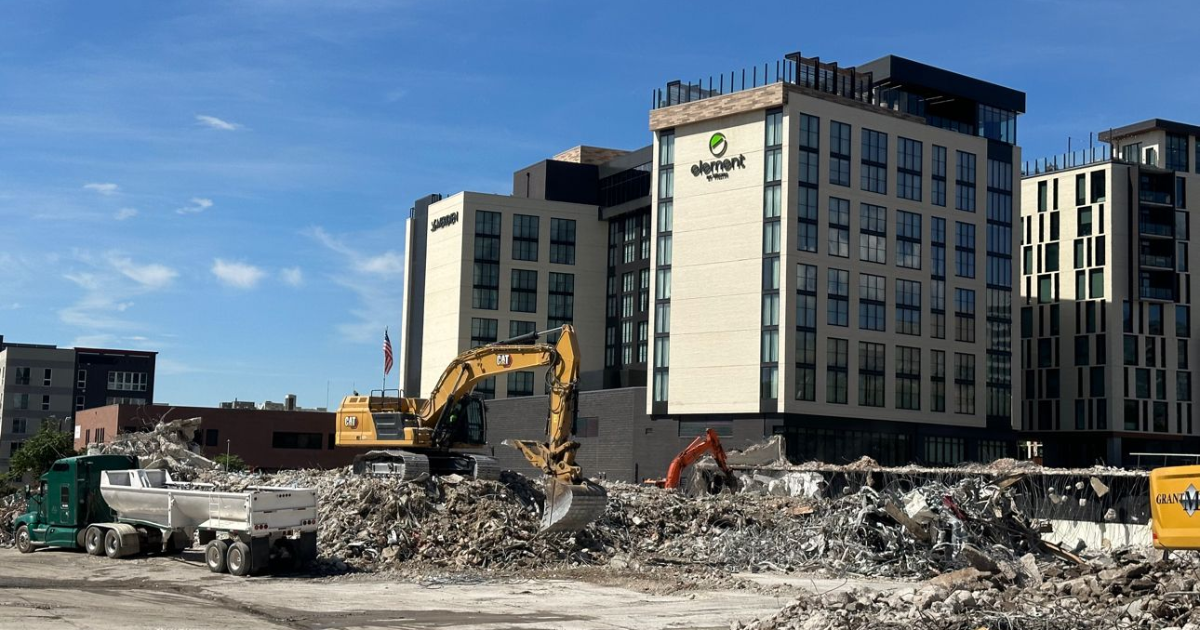
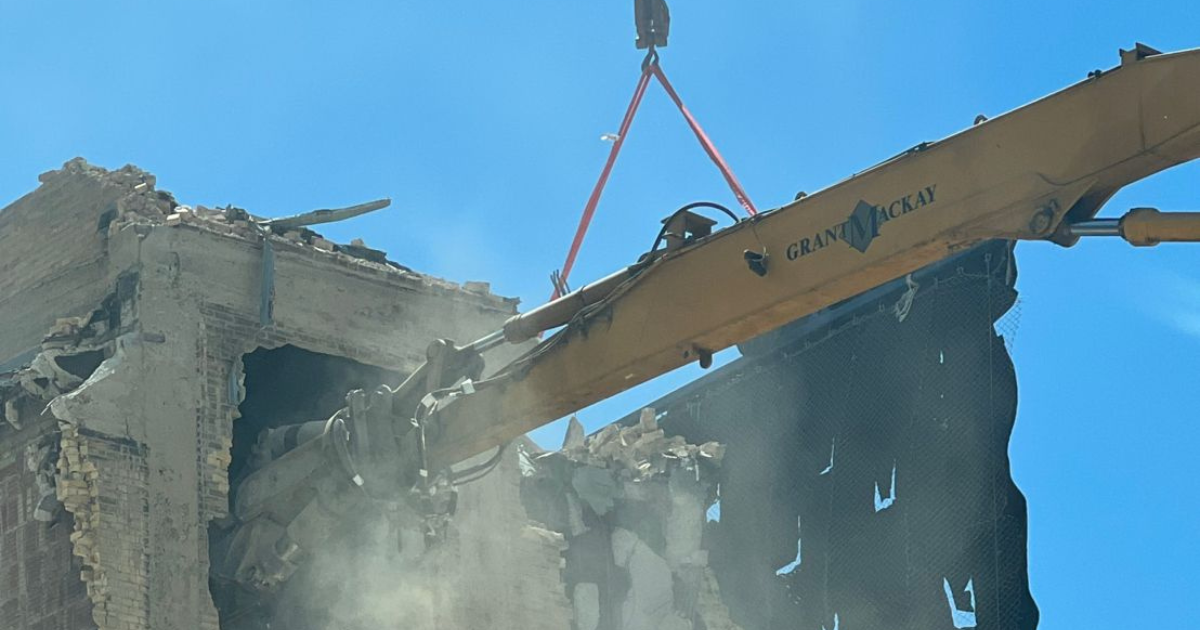


All Rights Reserved | Grant Mackay

